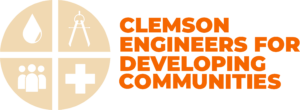Water Analysis
The goal of water analysis is to eventually be able to monitor the quality of the filters and the water of all 8 fountains in Cange and in the rest of the Central Plateau to be able to ensure that the water quality is not altered. We aim to monitor this right from a computer screen.
